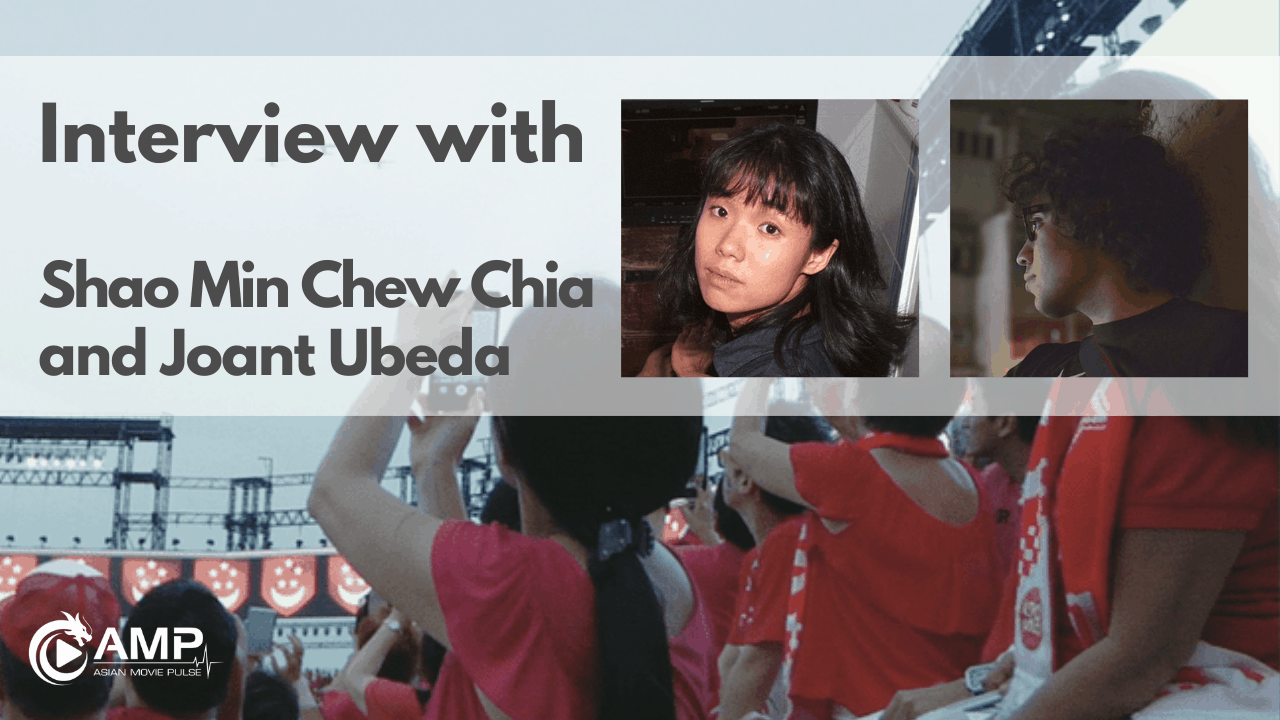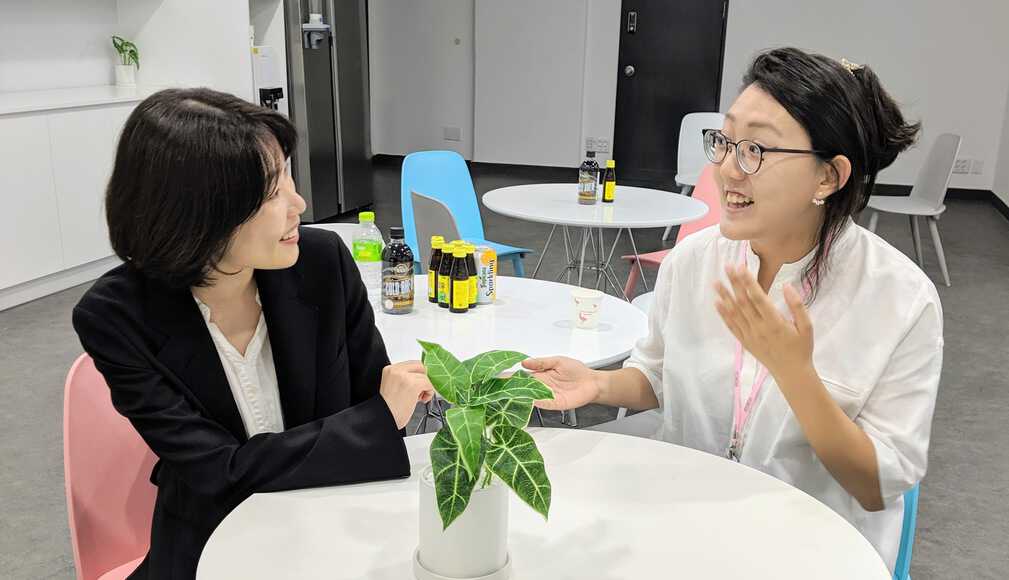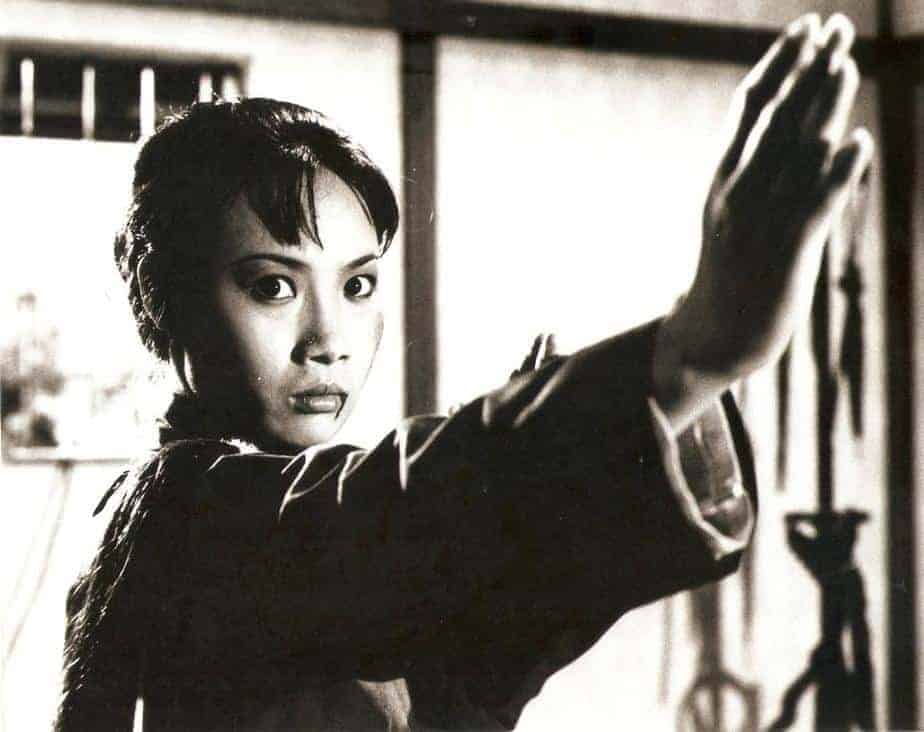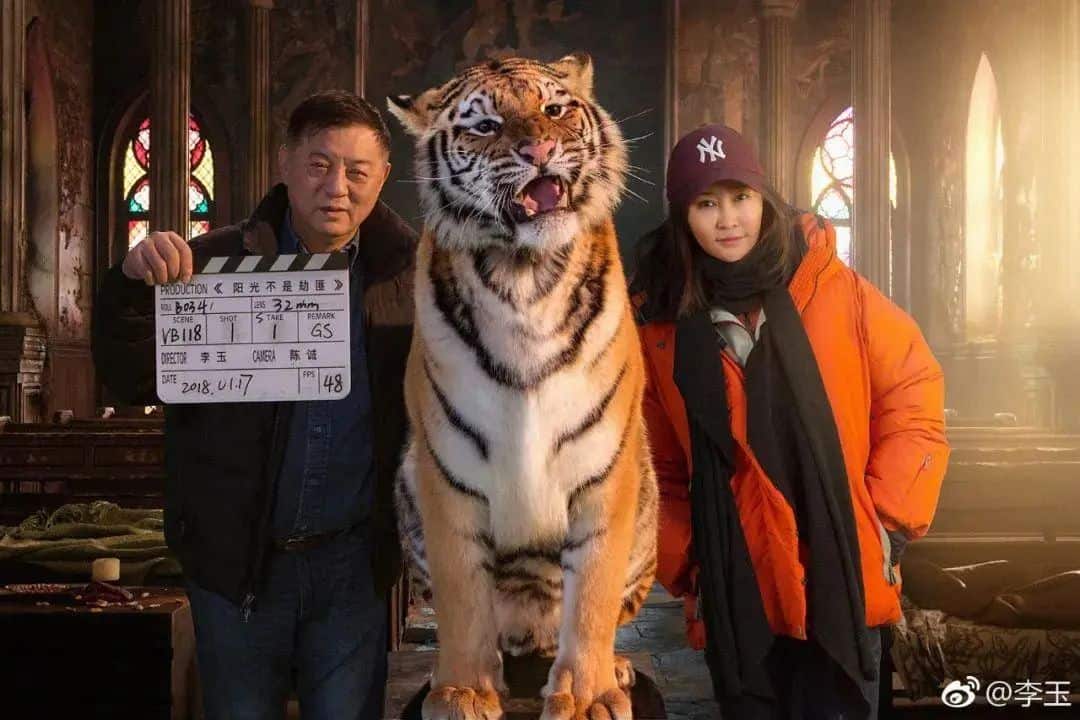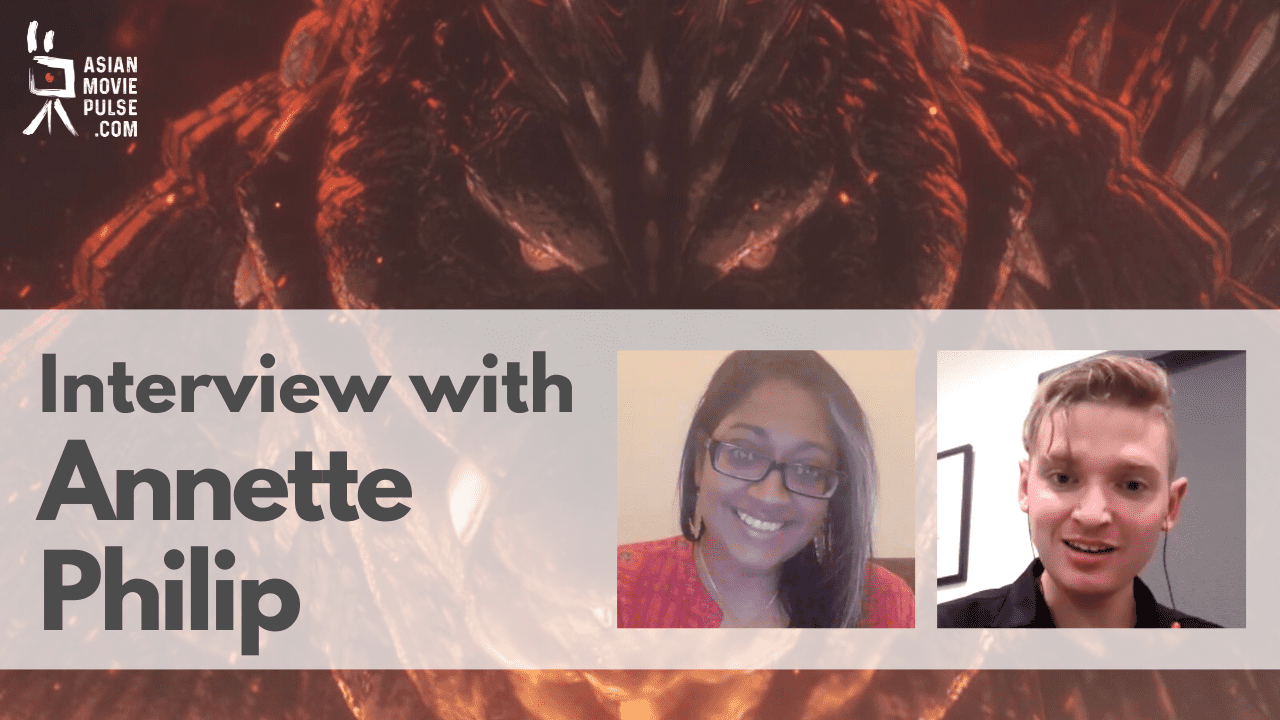Jow Zhi Wei's feature debut “Tomorrow is a Long Time” which screens in the Generation 14plus program of the Berlinale, is a personal portrait of the working class milieu, and the preassure the hard-labour puts on people who maintain the industry. A large part of inspiration comes from the director's upbringing, but as he would underline later, only in terms of understanding how fragile the lives of those who struggle to survive is. Just like in his shorts, the topic of family relationships and closeness to death play a significant role in the script.
Jow Zhi Wei studied at Le Fresnoy (France) and Lasalle College of the Arts (Singapore), and was the alumni of the Golden Horse Film Academy in 2010, under the mentorship of Hou Hsiao-hsien who is one of his biggest influences. Before venturing into the world of features, he has made three short films: “Outing” premiered at San Sebastian International Film Festival in 2009, “Waiting” in Busan in 2010, and “After The Winter” in Cannes' Cinéfondation Selection in 2013. We spoke to the director shortly after the world premiere of his drama “Tomorrow is a Long Time” at the Berlinale.
Tomorrow is a Long Time is screening at Berlinale
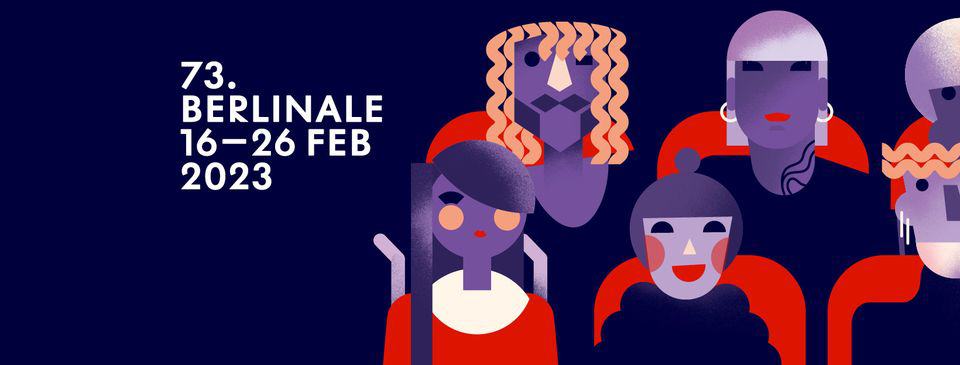
You used a very interesting expression to describe your starting point of the movie in the press notes “The next life of a parent is their child.” Can you elaborate on that?
There was always this idea of what we inherit from our parents and what stays after they are gone. What is theirs and what is our own. I was playing with that idea while I was working on the script. I always say that the next life is inherited by a child. That is how I came to my script. I think that the film was conceived from the beginning as a two-act thing. The fist half is about the father and his relationship to his only child, and the second is about what happens to the boy when he is gone. I think that the contrast between the urban and the natural setting is also an interplay, because what I really like are the compositions. Night – the work, and day – the home. Also, the city and the jungle. Lots of people versus desolate place. You call that dramatic oppositions in cinema. I wanted to rip Ming out of the environment in which he existed with his father, and put him in a place completely alien to him. As you might know, in Singapore the military service is mandatory so for me this felt like a natural progression.
I noticed that in the military the language of communication is English.
As we have many different races and people who speak different languages, we tend to use English to communicate. Also, we were a British colony.
I want to address the aesthetics of photography regarding the scenes shot in urban spaces. There is some tenderness in the representation of otherwise drab industrial settings, with softness of the light, and bronze tones. Russell Morton's framing is particular, with wide angles showing the magnitude of industrial areas that swallow its hard-working manpower.
I am always thinking about the impact of the positioning of characters in space. I am very precise about distance and closeness, so those are things that the attention is invested in, even during the shooting. I don't have many camera setups because I know precisely that this is the way I want to shoot the scenes. Most of the time I don't do the coverage and people are very surprised about that. For me it's all about the relationship to space, but regarding the light you were mentioning – I seriously think that it's Singapore itself. The city is illuminated at night, because it is strongly industrial. We had a very intense location scouting. It's all lights everywhere and even though nobody really wants to see those spaces, they are illuminated with bright lights.
Whenever I think about how I want to shoot a film, the camera stays very close to humans because I really like the proximity we share. So when I was working in a very small setting, and we had just father and son, the natural intuition, or feeling if you like it, was just to be close to them because we sense a lot of emotions in these characters. We can feel them, although they are not expressing them with words. You've got the feeling of sharing the space with them, and you got to feel with them.
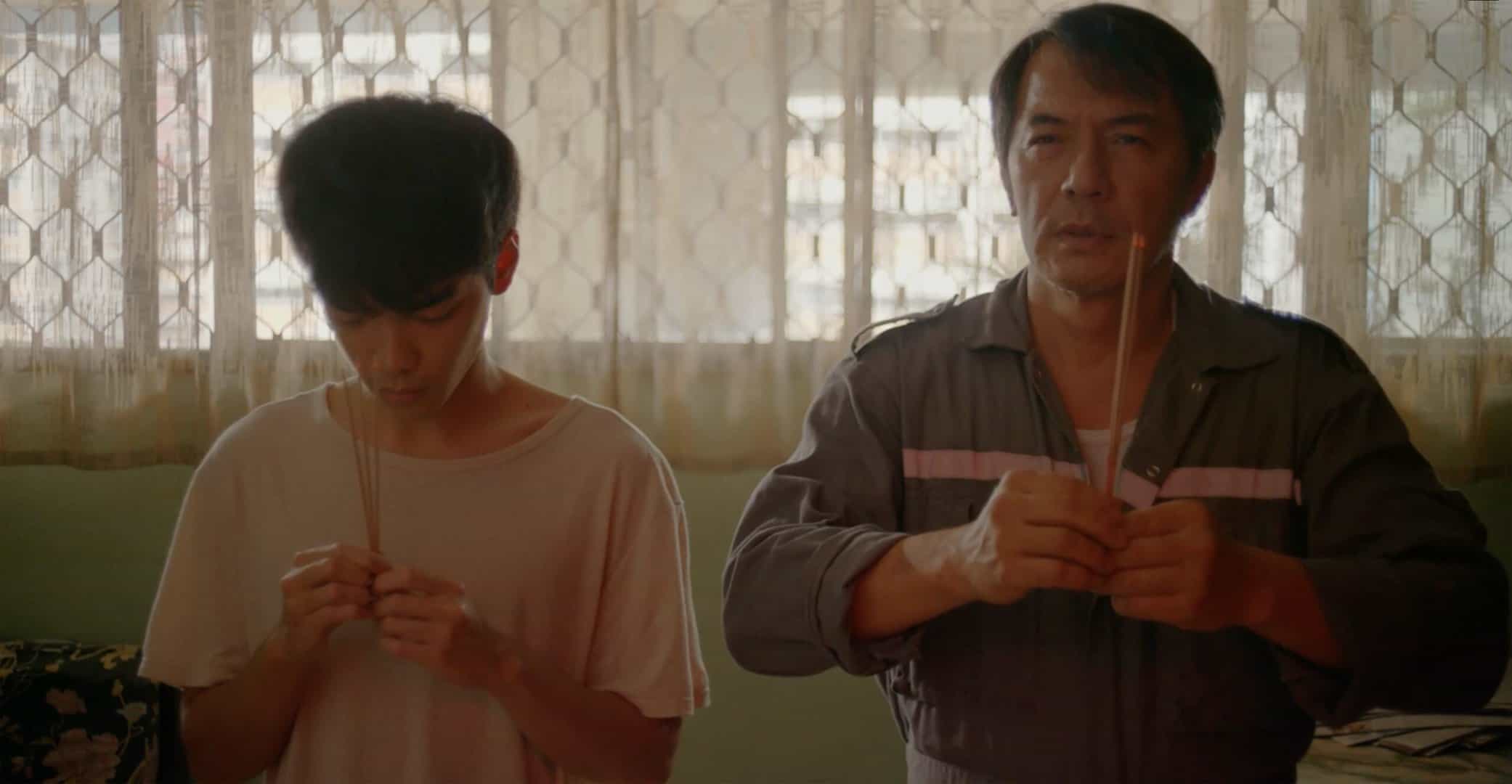
Let's talk about the development of characters and the environment you set them in. How much of it comes from your own upbringing, and how much is based on the research?
My grandmother was very ill when I was a boy, and we spent a lot of time going to the hospital. This is something that is recurring in all my films. I was always very close to sickness, hospitals and death. Regarding the characters and what you called ‘supressed emotions', being an Asian I am not used to vocalized affection. For instance, my father never told me he loved me, but I knew that he did. I could feel it through the things he did for me. It was love expressed through actions. Let's take the example of the father in my movie. He shows his affection when his son is not aware of it. When he comes back at night, or during their meals together. It's always the actions, and never the words. Food is their connector. They always sit down together to eat.
Basically, each time I start working on a script I base it on my own experiences, but I won't say that Chua is a replication of my father. My parents were always working, so it was my grandmother who took care of me when I was a child. When she passed away I was six, and that was a huge loss for me. That experience also contributed to the story, in terms of what happens to you when you lose someone you love. All these facettes come together in the film.
The second part of the movie is interestingly constructed, and unlike the first chapter, the tension is built in an almost genre-esque way. There is this constant feeling of threat, although nothing dramatic happens.
In the 1st half, I wanted to bring that emotion forward, and there is quite a bit of violence in it. That is why I avoided the direct violence in the continuation. I found it important not to go over the top but to mirror the idea. Those moments of violence come sudden, out of nowhere. We are really never sure who did it.
Can you tell us something about your influences?
To be honest, when I was working on this film I wasn't really influenced by anyone, I just let it run naturally. Visually, I would say – most probably Hou Hsiao-hsien who is a great filmmaker. I would have to think longer about the other influences. I watch a lot of films. Sometimes you love something, but you don't remember it, but Hou Hsiao-hsien is a fantastic director. Also, I quite like Claire Denis and Carlos Reygadas. There are actually a lot of filmmakers that I love, and maybe there are some things that I am not aware of coming from different sides. It is something in you.
Where did you shoot the second part of the movie? The nature looks spectacular.
We shot it in different parts of Taiwan, very remote. It would take us 4-5 hours to get where we wanted to go. Additionally, we were filming on really high altitudes, so as city people we got really sick. But it was incredible, because when you reach a place like that, everything looks so incredible. It also brought a lot of challenges because we would sometimes have to go down the cliffs using ropes. Taiwan proved to offer great settings. I also shot one of my short films there while I was studying at the Golden Horse Film Academy, with Hou Hsiao-hsien as my mentor, who was also with us. We went together location scouting, and discussing what we were doing. That was quite an experience.
There is a fabulous relationship between the visuals and the sound, that descretely conquers the space.
Yes, sound is a huge component for me. I think that if I weren't a director I would be a sound designer because you can really be immersed in the world of sound. For me – sound design, sound editing and sound mix are enormously important components of the film, and I would often tell my experts something like “Oh, these are wrong birds. I need a different kind of bird”. I am very specific because I think that when we hear something, we interpret at automatically in our brains. Every sound you hear in “Tomorrow Is A Long Time” is very specific. I discuss very often with my foley artists how, for example the sound of the footsteps should be. I would need different kind of footsteps and define exactly what I want. It was amazing to work with the experts in Paris, because they were very committed.
You made quite a few short films which received critical acclaim internationally. We hope that we won't lose you as a director of shorts
Oh, absolutely not. I might actually shoot another short next. I think that the joy of short films is that you make them quicker, which is one of the advantages because it took me a ot of time to make “Tomorrow Is A Long Time”. There were many delays. It took me the longest to find the right actors. There were countless castings, and I really needed the chemistry to be right. We had huge workshop-type auditions with different actors coming to rehearse for the audition. What I did was to invite them in groups and ask them to work with the script. It was an auditon-rehearsal to check the chemistry. We had castings in Taiwan and Singapore. It took me years to find the right actor for the role of Meng. He had to be good enough to pull that off. When I made the transition from shorts to my first feature, I was very aware that this will take time but not this much time.
What are you expectations from Berlinale?
I am just very excited of finally sharing my film with everybody after working on it so many years. It's been a long journey. I started working on it in 2016, so it's really a “long time” in literal sense. I am also looking forward to showing the film back at home, so that my family can see that seven invested years were not a waste.
What was your biggest surprise factor during the shooting process?
Actually, the actors. It took me an incredibly long time to find Meng (Edward Tan), in fact years. As I was shooting I couldn't believe how good he was. We must not forget that this was his first film role in a movie, and that despite of it he turned out to be the perfect match with Leon Dai who is one of the best living actors of his generation. So, Edward who just came out of the acting school was just fearless.
The set design is captivating and rich in details.
I was lucky to have James Page as production designer, because his attention to smallest details is very obsessive. He wanted to know everything – who the characters are, what are they hobbies, in what kind of place they would live. The next step was to find an ideal apartment, and also the other types of settings. Speaking of which, next to the sound, for me is important to have the right space. I often catch myself questioning that in films when I am watching them, because I don't feel the space. That disturbs me a little bit. I always want to explore where I want to put my characters and why.
There is a very interesting switch in the type of light used in the first and the second part of the movie.
For me, when I go to a space that I am supposing to shoot in, I always look where the sun comes up and where it comes down. When I was at the Golden Horse Academy, every time Hou Hsiao-hsien entered the space it was the first question he asked since he was very concerned about light. That is why I was very specific about the times when we were supposed to shoot, and sometimes I would say no to a suggestion because the light wasn't right. That is something that I obviously picked up from Hou Hsiao-hsien.
The film is very personal. A lot of who I am goes into it. I obviously didn't bit anyone severely, but I went to a school where such things were happening frequently. I was in an environment which was very volatile.




